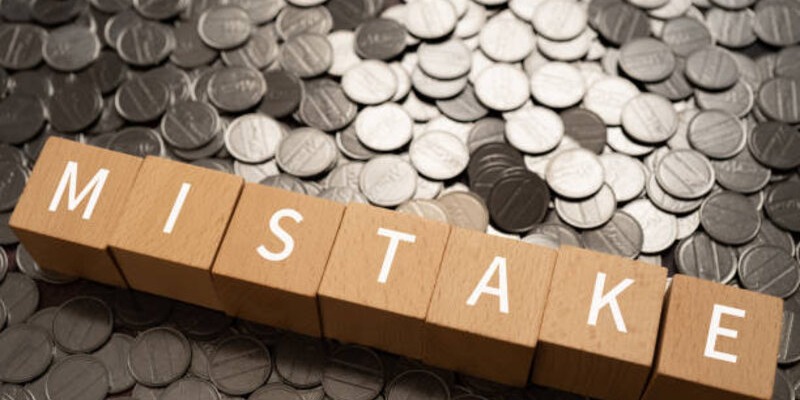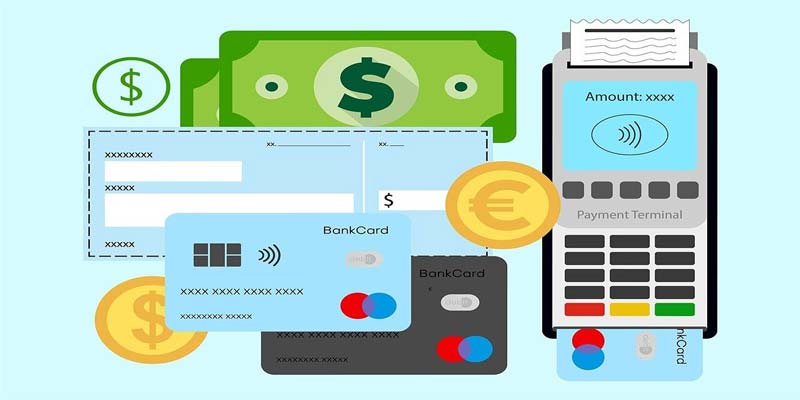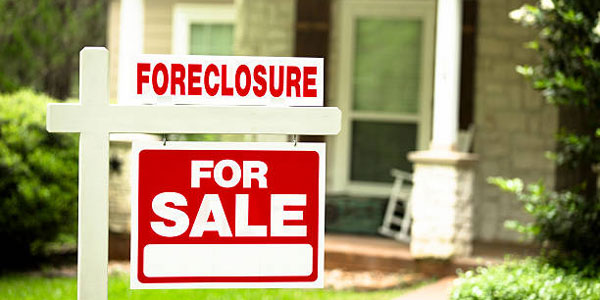Introduction
Foreclosure occurs when a homeowner defaults on their mortgage. More precisely, it's a legal procedure by which the property's owner gives up any claim. If the owner cannot make the necessary loan payments or sell the property in a short sale, the property will be auctioned off at foreclosure. The lending institution's policy is to seize the property if it does not sell at the auction. Foreclosure is easier to grasp if one recognises that the term "homeowner" is a misnomer in this context. The term "borrower" is more appropriate in this case. A mortgage, also called a deed of trust, is a lending agreement for the remaining balance of the home's purchase price after the down payment has been made. The loan is said to be "secured" since this document places a lien on the acquired property. Credit card debt is an example of an unsecured loan, and although the lender has the right to sue you for nonpayment, it is often challenging to collect on such a judgement. When a lender sells lousy debt to a collection agency, the agency typically writes off the loss and takes a small percentage as its commission. These funds are "unsecured." Here you’ll learn what is a foreclosure property.
How Does Foreclosure Work?
When a homeowner defaults on their mortgage, foreclosure is a potential outcome. However, the reasons for the homeowner's default might be complex. Loss of money or employment is a common cause of hardship. The homeowner may be unable to make their mortgage or interest payment due to catastrophic medical costs or mounting credit card debt. Insolvency, divorce, or incapacity are three other causes of foreclosure. Before a home can be taken in some places, a legal case must be filed. There are alternatives available in some states that don't involve the judicial system. A lender may initiate foreclosure proceedings after 120 days of a continuous mortgage payment default.
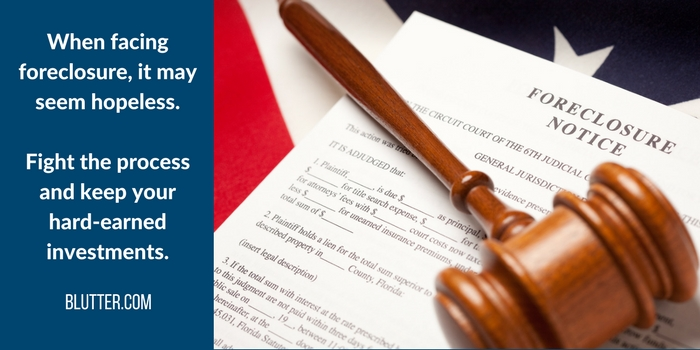
How to Find Foreclosed Homes for Sale?
Searching online real estate databases, visiting a bank's physical location, perusing local newspapers, or perusing multiple listing service (MLS) websites and print publications are all excellent ways to locate foreclosed houses. Some local MLSs may not prominently display a property's foreclosure status; instead, it may only be disclosed in the listing's description. The quickest way to find foreclosed houses is to use a website like Fannie Mae's HomePath.com, which is dedicated to the market. 2 Foreclosure listings can also be found on the websites of some banks, such as Bank of America. 3 Don't be afraid to consult a real estate broker or agent about available foreclosed properties; lenders are increasingly selling these through this channel. Foreclosures are a speciality for some realtors.
Forms of Foreclosure
Judicial foreclosure
To initiate a judicial foreclosure, the lender must first serve notice of the borrower's default on loan and file a lawsuit. The foreclosure procedure will move forward if the homeowner does not pay all arrearages within 30 days.
Power of sale
If your mortgage contract has a power of sale language, you may be able to foreclose using this method in those states. When a borrower defaults on a mortgage, the lender can sell the home at auction. Foreclosure through a power of sale is an example of a non-judicial foreclosure.
Strict foreclosure
Because they are illegal in most jurisdictions, strict foreclosures are unusual. If the homeowner does not pay their mortgage as ordered by the court, the mortgage holder can initiate a lawsuit and perhaps take possession of the residence.
Related Terms
Earnest Money
It is the deposit a buyer makes to a seller to show they are serious about closing on a property.
Micro savings
Micro-savings, a subset of microfinance, allow low-income households and individuals to put away a small amount of money for future use.
Real Property
Land and any structures permanently affixed to it are considered real property. Real property also encompasses any portion of land that humans have legally altered.
Provident Fund (PF)
Some countries, including India and Singapore, use a government-managed retirement savings system called a provident fund.
Joint Account
To put it simply, a joint account is a banking arrangement wherein two or more people have equal access to the funds in the account.
Senior Citizens Saving Scheme (SCSS)
The SCSS was created so that retirees in the country over 60 would have a steady source of income in their later years.
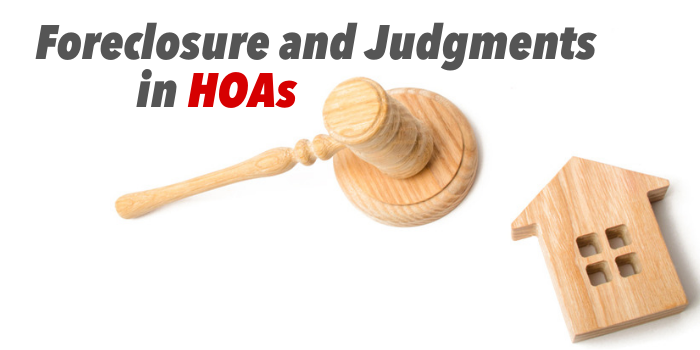
Conclusion
Pre-foreclosure sales, short sales, sheriff's auctions, and bank-owned properties are all examples of foreclosure sales. The primary allure of purchasing a foreclosed home is the low purchase price. Long waits for permission, questionable property conditions, and stiff competition from experienced flippers are just a few drawbacks. There are various government-backed financing alternatives to choose from.

